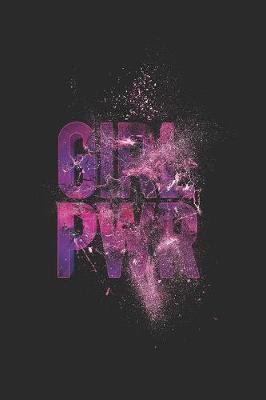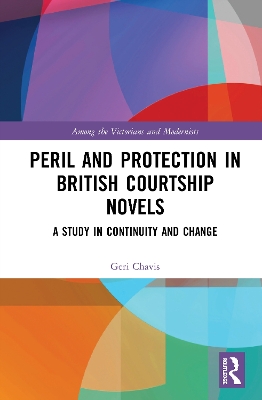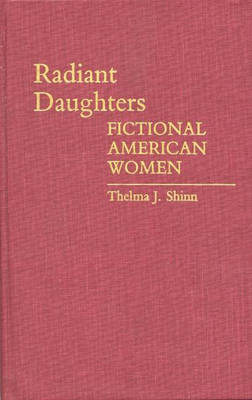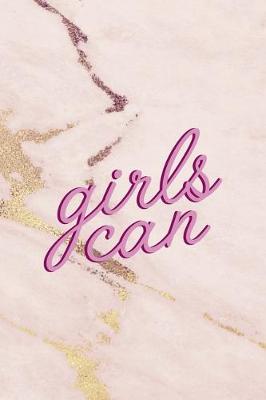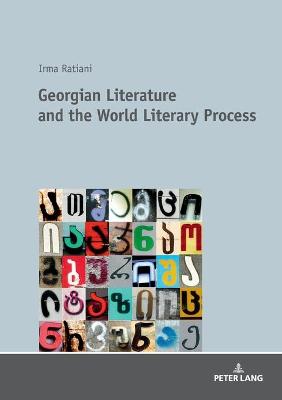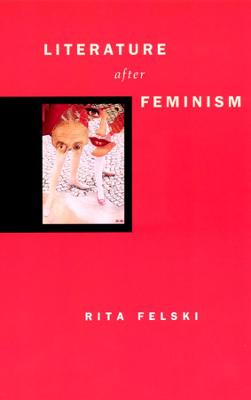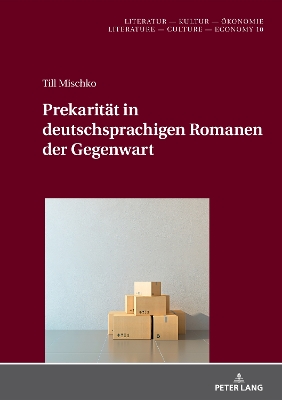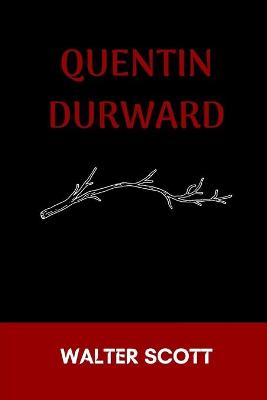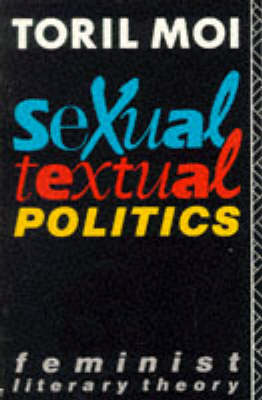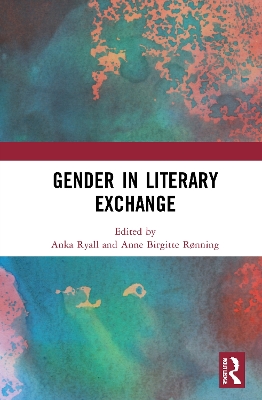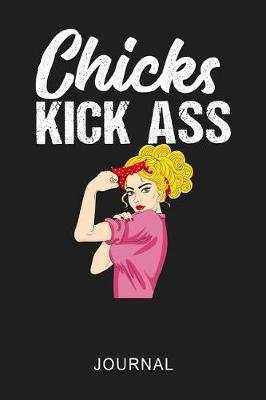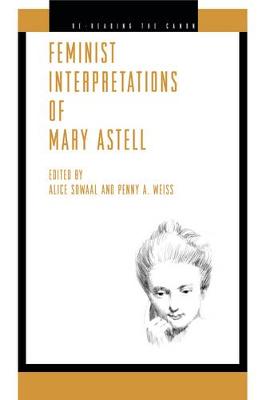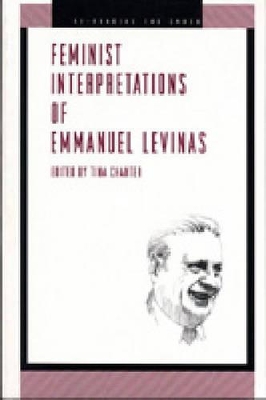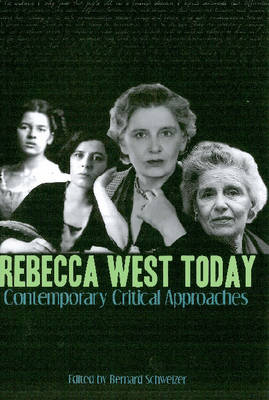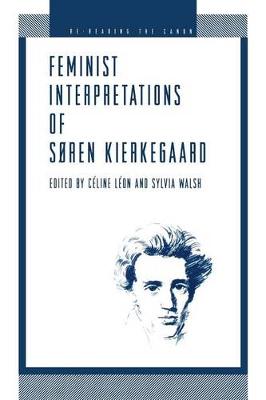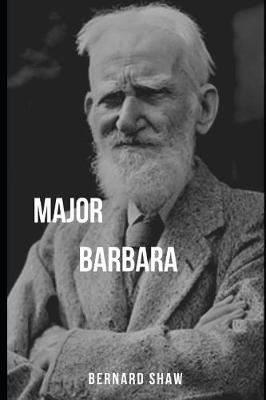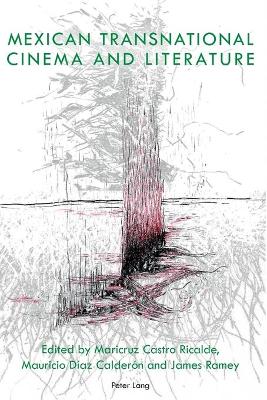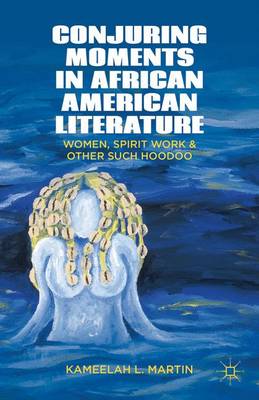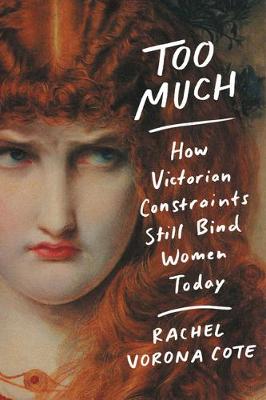Peril and Protection in British Courtship Novels (Among the Victorians and Modernists)
by Geri Giebel Chavis
Peril and Protection in British Courtship Novels: A Study in Continuity and Change explores the use and context of danger/safety language in British courtship novels published between 1719 and 1920. The term "courtship novel" encompasses works focusing on both female and male protagonists’ journeys toward marriage, as well as those reflecting the intertwined nature of comic courtship and tragic seduction scenarios. Through careful tracking of peril and protection terms and imagery within the wor...
In her examination of women characters created by American novelists from the 1940s through the 1980s, Thelma Shinn traces the emergence of new definitions of self and society as reflected in both the fictional characters she considers and in society as a whole. She argues that the social dislocation resulting from American involvement in World War II and the repercussions from that dislocation in American society initiated a cycle of growth in women that is accurately mirrored in the fiction of...
The book deals with the reception of Georgian national literature in the context of the world literary process. It depicts the place of Georgian literature on the world literary map, starting from Middle Ages and going through the different periods including the Soviet and Post-soviet epochs. Important terms are world literature, literary canon, Georgian literary canon, and periodization. The research is based upon a comparative approach, using modern theoretical methodologies. The Author provid...
Recent commentators have portrayed feminist critics as grim-faced ideologues who are destroying the study of literature. Feminists, they claim, reduce art to politics and are hostile to any form of aesthetic pleasure. "Literature After Feminism" is the first work to comprehensively rebut such caricatures, while also offering a clear-eyed assessment of the relative merits of various feminist approaches to literature. Spelling out her main arguments clearly and succinctly, Rita Felski explains how...
'Moi's detailed and critical discussion of the two main strands in feminist criticism [Anglo-American and French] provides us with a basis for advancing the political and theoretical orientation of feminst theory.' - Mahnaz Koosha Mohseni
Gender in Literary Exchange
Can the recovery of women's contributions to literary culture be compared to a salvage operation? In that case, for what purpose? The essays in this book explore the role of women writers and readers in Nordic literary culture within a European and worldwide network of literary exchange. Specifically, they consider the transnational transmission of women's literary texts during the nineteenth and twentieth centuries. Textual exchange is as a migratory practice entailing processes of textual expo...
Feminist Interpretations of Mary Astell (Re-Reading the Canon)
Often referred to as a proto-feminist, early modern English philosopher and rhetorician Mary Astell was a pious supporter of monarchy who wrote about gender equality at a time when society tightly constrained female agency. This diverse collection of essays situates her ideas in feminist, historical, and philosophical contexts. Focusing on Astell's work and thought, this book explores the degree to which she can be considered a "feminist" in light of her adherence to Cartesianism, Christian t...
Women's Literary Feminism in Twentieth Century China
by Professor Amy D Dooling
Feminist Interpretations of Emmanuel Levinas (Re-Reading the Canon)
This volume of essays, all but one previously unpublished, investigates the question of Levinas's relationship to feminist thought. Levinas, known as the philosopher of the Other, was famously portrayed by Simone de Beauvoir as a patriarchal thinker who denigrated women by viewing them as the paradigmatic Other. Reconsideration of the validity of this interpretation of Levinas and exploration of what more positively can be derived from his thought for feminism are two of this volume's primary ai...
Rebecca West is currently enjoying a long-overdue and sustained revival. The contemporary relevance of her ideas about gender relations, nationalism, warfare, cultural identity, art, and religion is startling and revealing. In an article on West's "Survivors in Mexico" (2003), Richard Dyer of the "Boston Globe" put it this way: "It is a good thing that new writings of Rebecca West continue to appear; we still need her, permanently." We also need new scholarship to keep up with the increased dema...
Feminist Interpretations of Soren Kierkegaard (Re-Reading the Canon)
Unlike many of the major figures in Western philosophy, Kierkegaard explores many issues of interest to feminist theorists today. Moreover, he does so in a style-labyrinthine, many-voiced, multilayered, adverse to authority-that adumbrates ecriture feminine. A major question probed in the volume is whether Kierkegaard's writings are misogynist, ambivalent, or essentialist in their views of women and the feminine or whether, in some important and vital ways, they are liberatory and empowering fo...
Mexican Transnational Cinema and Literature (Transamerican Film and Literature, #1)
This feminist classic explores the ways in which women can read the Christian Bible with full understanding of both its oppressive and its liberating functions. In the substantial new Afterword to this edition, Elisabeth Schussler Fiorenza situates Bread Not Stone in relation to mainstream Biblical scholarship, Catholic and Protestant theologies, liberation theologies, and nineteenth-century feminist writings on the Bible.
Conjuring Moments in African American Literature
by K. Samuel and Kameelah L Martin
This book engages the ways African American authors have shifted, recycled, and reinvented the conjure woman in fiction. Kameelah Martin Samuel traces her presence and function in twentieth-century literature through historical records, oral histories, blues music, and collections of African American folklore.
Lacing cultural criticism, Victorian literature, and storytelling together, "TOO MUCH spills over: with intellect, with sparkling prose, and with the brainy arguments of Vorona Cote, who posits that women are all, in some way or another, still susceptible to being called too much." (Esme Weijun Wang) A weeping woman is a monster. So too is a fat woman, a horny woman, a woman shrieking with laughter. Women who are one or more of these things have heard, or perhaps simply intuited, that we are rep...
